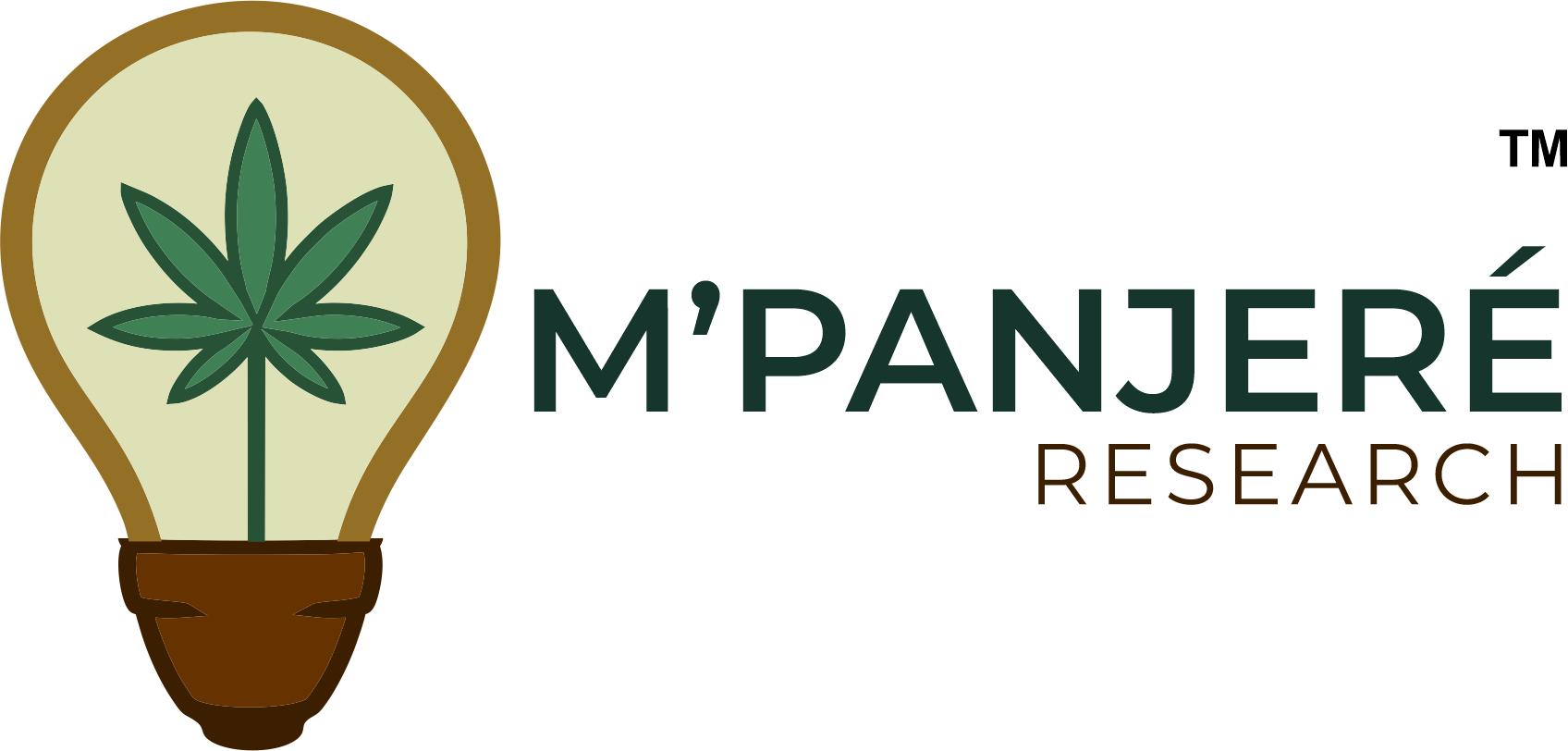Industrial hemp, a versatile and sustainable crop, is poised to become a cornerstone of Africa’s green economy. With its carbon-negative properties and wide-ranging applications, hemp offers immense potential to drive economic growth, create jobs, and combat climate change. Here are five transformative ways industrial hemp is reshaping Africa’s future:
1. Revitalizing Agriculture
Hemp is a resilient crop that thrives in various climates, making it ideal for Africa’s diverse agricultural landscapes. Farmers can benefit from its short growth cycle, requiring fewer resources compared to traditional cash crops like cotton. Hemp improves soil health, reduces dependency on chemical fertilizers, and offers a high yield, ensuring sustainable livelihoods for farmers across the continent.
2. Driving Innovation in Manufacturing
From textiles and bioplastics to construction materials like hempcrete, industrial hemp is revolutionizing manufacturing. African businesses are exploring hemp’s potential to create eco-friendly alternatives to traditional materials, reducing reliance on imports and fostering local innovation. By investing in hemp-based industries, Africa can position itself as a leader in sustainable manufacturing on a global scale.
3. Boosting Job Creation and Entrepreneurship
The industrial hemp value chain encompasses farming, processing, product development, and marketing—all of which create opportunities for job creation. Entrepreneurs are tapping into this emerging market to develop hemp-based products, from clothing and cosmetics to health supplements. By empowering women and youth to engage in this sector, hemp is driving inclusive economic growth across Africa.
4. Combatting Climate Change
Hemp is a carbon-negative crop, meaning it absorbs more CO2 than it emits during its lifecycle. Its cultivation can significantly mitigate the effects of climate change by sequestering carbon from the atmosphere. Additionally, hemp-based products like bioenergy and biodegradable materials reduce reliance on fossil fuels and plastics, further advancing Africa’s sustainability goals.
5. Expanding Trade and Investment Opportunities
The Africa Free Trade Continental Agreement (AfCFTA) provides a platform for the hemp industry to flourish. With increasing global demand for sustainable materials, Africa can position itself as a key exporter of hemp products. By legalizing and regulating industrial hemp, governments can attract foreign investments and stimulate cross-border trade, driving economic integration within the continent.
The Future is Hemp
As Africa navigates its path toward sustainable development, industrial hemp stands out as a powerful catalyst for change. By investing in this promising crop, Africa can unlock new economic opportunities, create a healthier environment, and build a resilient future for generations to come.
Are you ready to be part of Africa’s hemp revolution? Join us at the Africa Industrial Hemp Festival to learn more about how this incredible plant is transforming the continent!

